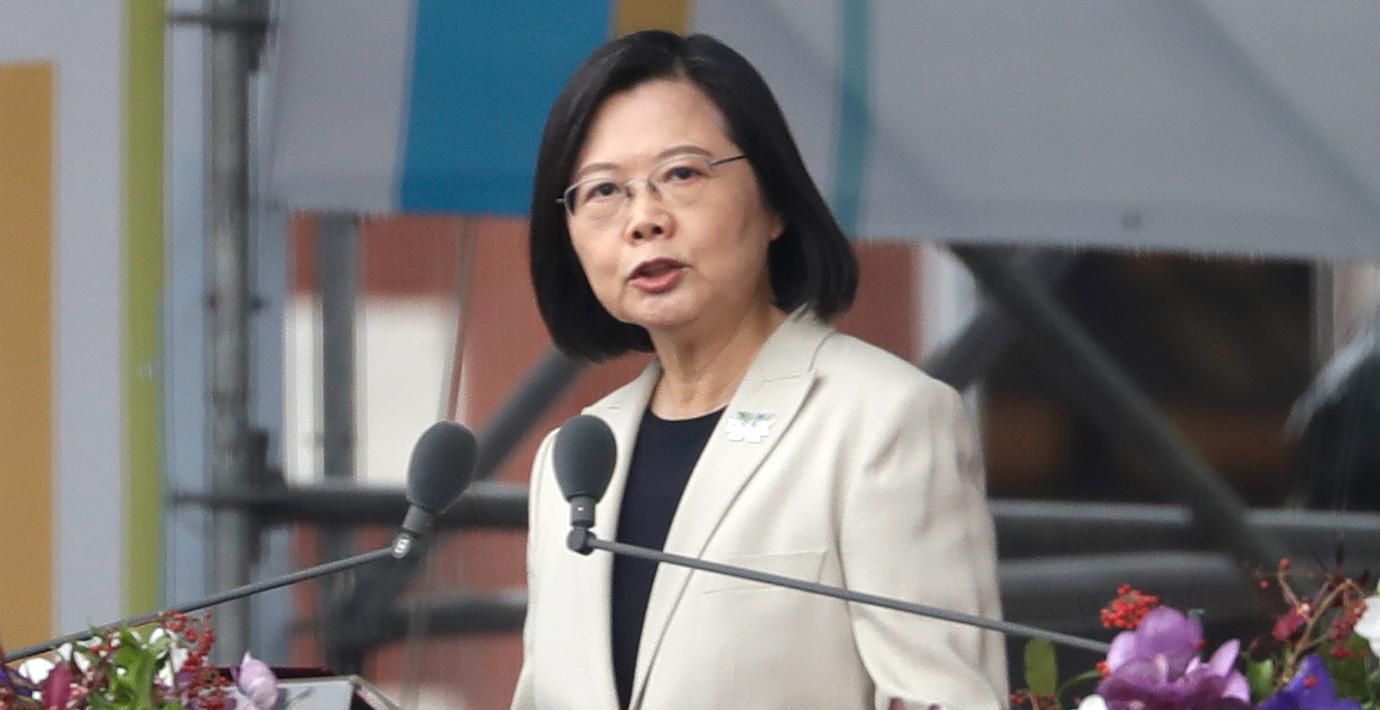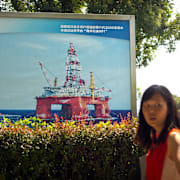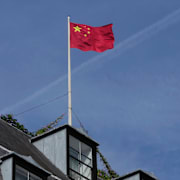
Taiwan rasar: ”Man släcker inte törsten med gift”
Honduras beslut att närma sig Kina får hård kritik i Taiwan, rapporterar The Guardian. Beskedet innebär att det centralamerikanska landet i praktiken klipper banden med Taiwan, då Kina inte erkänner öriket som ett land.
Honduras president har motiverat beslutet med att landet måste få hjälp med sina ekonomiska skulder.
”Vi uppmanar Honduras, som redan lider av skuldproblem, att inte släcka törsten med gift och falla ner i Kinas skuldfälla”, skriver Taiwans utrikesdepartement i ett uttalande.
bakgrund
Kinas relation med Taiwan
Wikipedia (en)
Cross-Strait relations (sometimes called Mainland–Taiwan relations, or Taiwan-China relations) are the relations between China (officially the People's Republic of China, PRC) and Taiwan (officially the Republic of China, ROC).
The relationship has been complex and controversial due to the dispute on the political status of Taiwan after the administration of Taiwan was transferred from Japan to the Republic of China at the end of World War II in 1945, and the subsequent split between the PRC and ROC as a result of the Chinese Civil War. The essential question is whether the two governments are still in a civil war over One China, each holding within one of two "regions" or parts of the same country (e.g. "1992 Consensus"), whether they can be reunified as one country, two systems, or whether they are now separate countries (either as "Taiwan" and "China" or Two Chinas). The English expression "cross-strait relations" is considered to be a neutral term which avoids reference to the political status of either side.
At the end of World War II in 1945, the administration of Taiwan was transferred to the Republic of China (ROC) from the Empire of Japan, though legal questions remain regarding the language in the Treaty of San Francisco. In 1949, with the Chinese Civil War turning decisively in favour of the Chinese Communist Party (CCP), the Republic of China government, led by the Kuomintang (KMT), retreated to Taiwan and established the provisional capital in Taipei, while the CCP proclaimed the People's Republic of China (PRC) government in Beijing. No armistice or peace treaty has ever been signed and debate continues as to whether the civil war has legally ended.Since then, the relations between the governments in Beijing and Taipei have been characterized by limited contact, tensions, and instability. In the early years, military conflicts continued, while diplomatically both governments competed to be the "legitimate government of China". Since the democratization of Taiwan, the question regarding the political and legal status of Taiwan has shifted focus to the choice between political unification with mainland China or de jure Taiwanese independence. The PRC remains hostile to any formal declaration of independence and maintains its claim over Taiwan.
At the same time, non-governmental and semi-governmental exchanges between the two sides have increased. In 2008, negotiations began to restore the Three Links (postal, transportation, trade) between the two sides, cut off since 1949. Diplomatic contact between the two sides has generally been limited to Kuomintang administrations on Taiwan. However, during Democratic Progressive Party administrations, negotiations continue to occur on practical matters through informal channels.
Omni är politiskt obundna och oberoende. Vi strävar efter att ge fler perspektiv på nyheterna. Har du frågor eller synpunkter kring vår rapportering? Kontakta redaktionen



